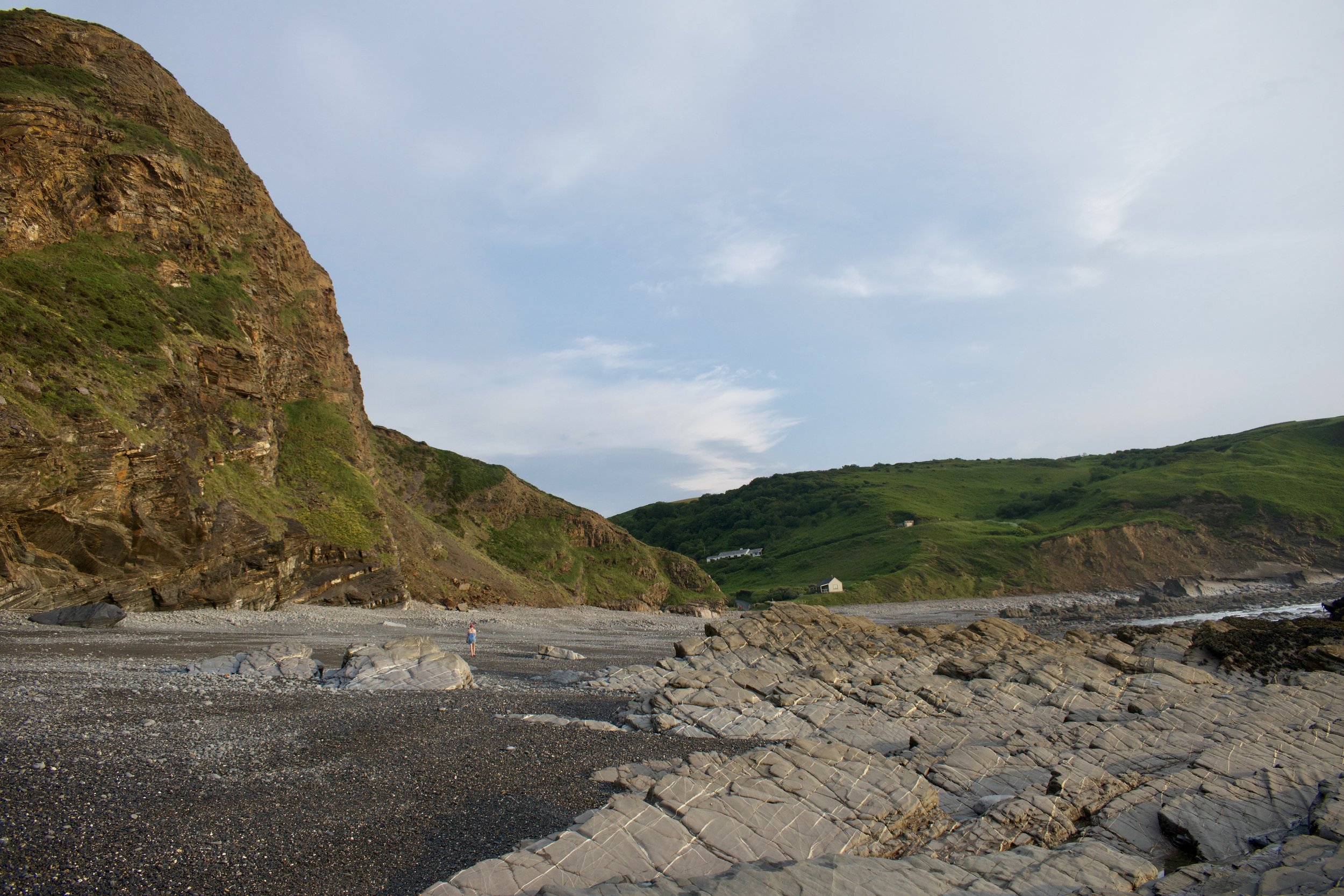Why Cornish hills are tougher than the Andes
If you've ever wondered whether you’re ‘good enough’ to take on that cycling holiday abroad – whether to the Alps, Mallorca, or the Pyrenees – let me reassure you. You are.
I once cycled from sea level to 4818m, but it was a back road in Cornwall that nearly finished me. It’s not just about overall elevation (total number of metres climbed), but how steep those climbs are. That’s something I learned the hard way while cycling the coast of Cornwall.
Welcome to Cornwall
Many UK climbs are short, but steep
Typically, UK road signs announce climbs when they reach 10% or over. A 2% incline is gentle, just enough to notice; the kind you could sustain for several hours. At 6%, it certainly feels like a hill, but as long as it’s not too long, it won’t bother most cyclists. 10% is hard work – the kind that demands focus. 20% is unsustainable, no matter the gears your bike has to offer. 30% is no longer a hill; it’s basically a wall.
Cornwall doesn’t bother putting up warnings below 20%. I understand why now. There would be more road signs than sheep. It was as though the noticeable absence of signalling before climbs were the county’s way of mocking me.
Left pedal down; right pedal down; shift into an easier gear; run out of gears; start zig-zagging across the road to soften the gradient: lean forward so the front wheel doesn’t lift; realise you are so focused on the next two metres of progress that the main visual memory you will retain is the grainy tarmac; hold your line as a car squeezes past; stop when you feel your heartbeat in your throat; finally reach the top.
Just when you think you can rest, tip over the apex point; don’t bother stopping for a view as trees block the rest of the landscape, offering only a glimpse of the coast all the way down to the left; wonder whether there is a car around this bend; brake before it; release the brakes on the next bend; wish you’d braked a little harder as you just about cleared that last corner, narrowly avoiding a solid granite verge that could total your bike and break your bones; realise you’ve been descending for a while; stop and wait to make sure your brakes don’t overheat.
Cornish beauty comes at the cost of its gradients
It’s all about that gradient
As I wiped the sweat from my brow, halfway up a brutal Cornish climb, I kept thinking: ‘I’ve cycled the Andes. Why am I struggling?’. Four years earlier, I had made my way from coastal Chile to the Altiplano at 4,000m, climbing steadily over six days. The climbs were long but shallow and didn’t push me out of my comfort zone.
Cornwall’s relentless hills caught me off guard. I thought I was a strong climber, but these short, sharp climbs turned out to be far tougher than I anticipated. I understood that if you are in for a long day in the saddle, a collection of tough little climbs is much more work than a mountain pass.
Let go of comparisons
Many cyclists fall into the trap of comparing themselves to others. You might think: ‘I’m not as fast,’ or ‘I’m not a climber.’ Stop comparing for a moment and don’t ask ‘Can I climb these mountains?’. Instead, ask yourself: ‘How will I climb these mountains?’
What does it really mean to be good at climbing, anyway? Is it about reaching the top as fast as your friends? Or is it about reaching the top and still feeling strong enough to take on another climb? Maybe it’s simply about reaching the top, no matter how long it takes.
Lake Titicaca, sitting 3,800m up
Conquering a climb is about patience, not speed
Climbing doesn’t have to be hard all the time, and if it is, it may not be where you expect it most. As I rolled my way up and down Cornwall, legs aching and brakes constantly warm from the descents, I thought about how this ride had reshaped my idea of difficulty. The Andes had tested my endurance, but Cornwall had tested my resolve and technical skill. In Chile, the mountains loomed in the distance, their challenge laid out clearly. In Southwest England, the hills ambushed me, one after another, demanding effort before I even had a chance to recover.
The key to cycling up mountains
Cornwall reminded me that difficulty comes in many forms. If you can tackle steep British hills, you can absolutely take on bigger climbs. You don’t need to be the fastest, you just need to find a way to keep moving forward, however that looks for you.


